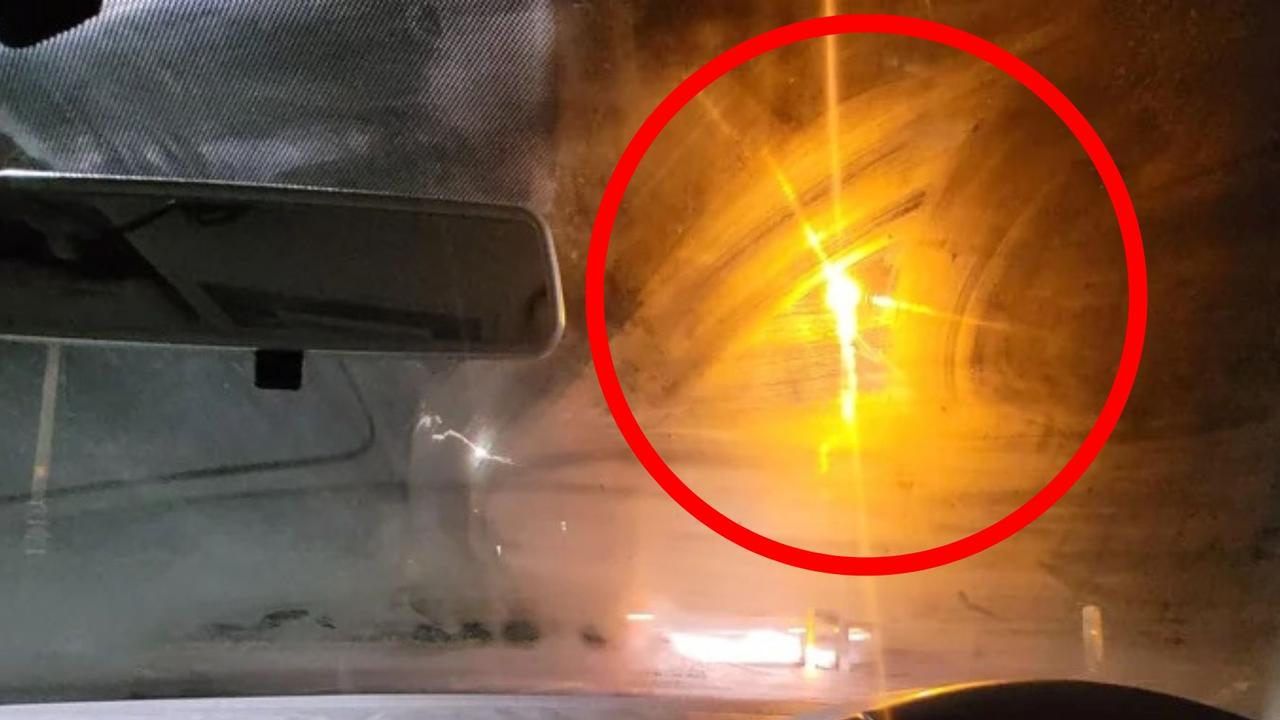‘Said it was offensive’: Aussie barred from local club over ‘autism’ T-shirt
When Gary went to his local club for a meal, he never expected to be stopped at the door by security – over one tiny detail on his clothing.
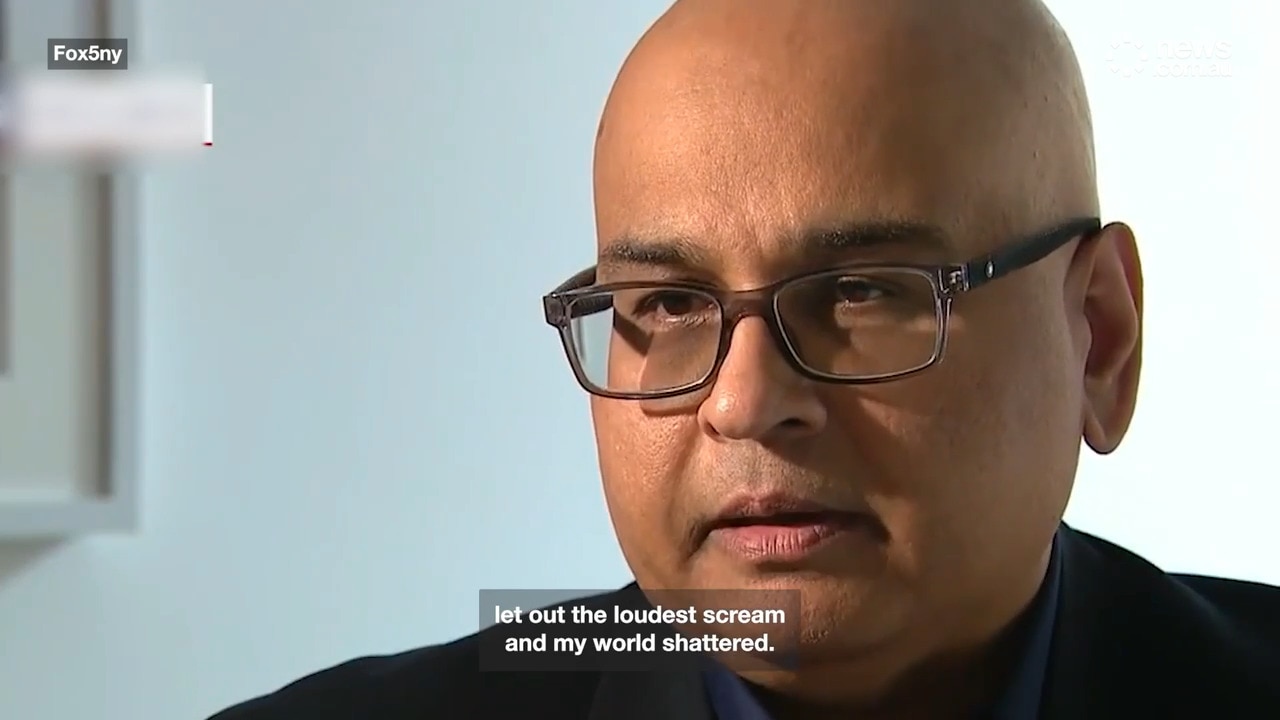
When 53-year-old Gary and his partner, Julie, walked into the Wallarah Bay Recreation Club in Gorokan for a casual meal, they never expected to be stopped at the door.
After all, Gary had been a member of the club for 15 years and was a regular patron. Over the years, they had celebrated numerous family events there, including birthdays and other gatherings.
But this time, security took one look at his T-shirt and denied him entry.
The problem? The shirt featured the word “autism” – printed in the distinctive font of the band Metallica.
“I thought at first they must have misread it,” Julie, a 47-year-old mother of four and a disability support worker, recalled.
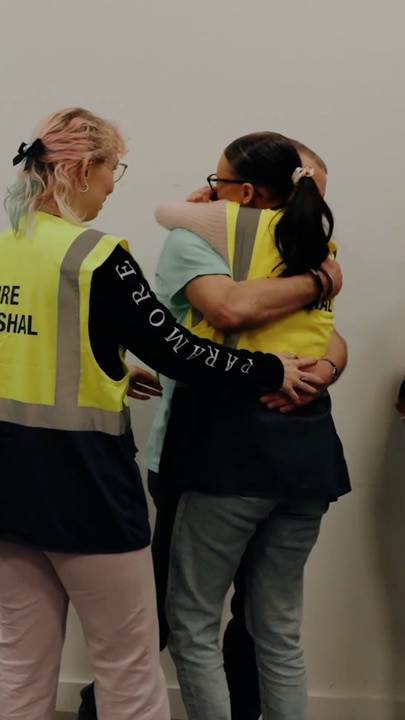
“But when we pointed out that it simply said ‘autism’, the staff member doubled down and said it was offensive.”
The reasoning? According to club staff, they had recently received complaints about another patron who had worn a shirt featuring an offensive swear word – ‘c**t’ – and they now had a policy against words on shirts that might be considered offensive.
Comparing the word autism to one of the most offensive profanities in the English language is not just absurd – it’s disgraceful.
The Wallarah Bay Recreation Club has been contacted for comment.
A lifetime of misunderstanding
For Gary, who is autistic, the experience was not just shocking – it was deeply personal.
Diagnosed later in life, he had spent years struggling to be understood. People often found him too loud or too direct, misinterpreting his communication style.
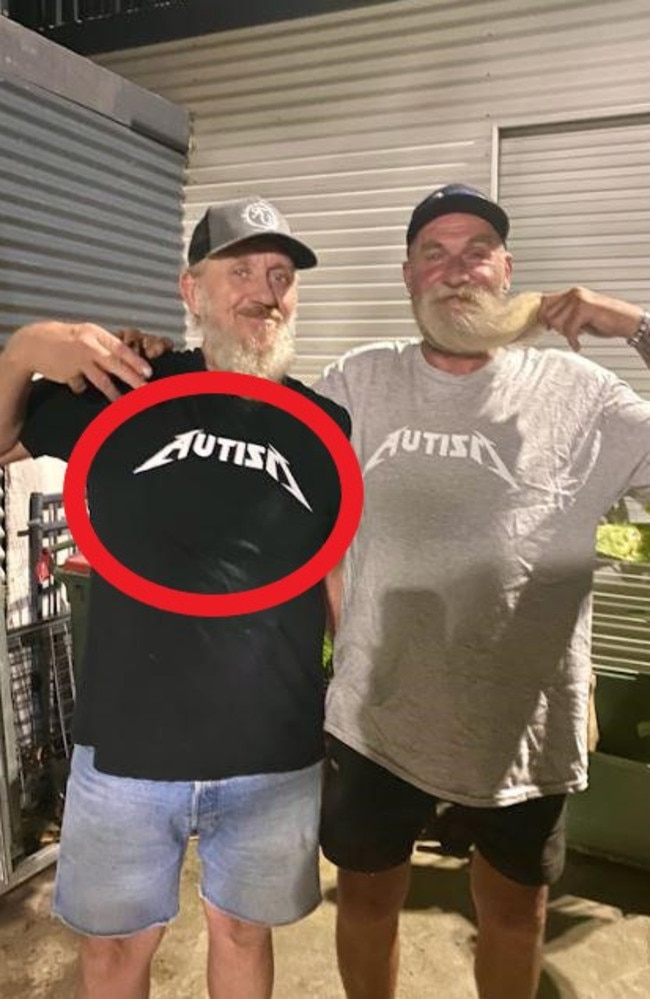
Wearing T-shirts that openly identified him as autistic had been a small but effective way of helping others understand his neurodiverse behaviours. He had never once had an issue before.
“He has a few different shirts – one says ‘autistic and awesome’. People usually compliment him on them,” Julie said.
Yet on this particular night, that same openness about his identity became the reason he was turned away.
The confrontation at the club
As they stood at the entrance, security staff asked Gary to move his hands so they could read his shirt, before indicating they needed to speak to a club staff member.
Confused, Julie asked why.
“We’ve had some problems with shirts before,” they replied.
Julie, still trying to understand, stated the obvious: “But it says autism.”
Gary added: “And I’m autistic.”
Another staff member arrived and, to their disbelief, sided with the security guards. They were told they could stay for dinner only if Gary turned his shirt inside out.
Once again, they pushed back.
“It says autism,” Julie repeated.
“And I have autism,” Gary echoed.
Still, the response remained the same: the word might be considered offensive, and that was enough to enforce a ban.
A contradiction in policy
Frustrated, the couple left and went directly to Wyong Rugby League Club – another local venue. There, the response was entirely different.
Management at Wyong had no issue whatsoever with Gary’s shirt. They even expressed confusion over why the first club had refused entry.
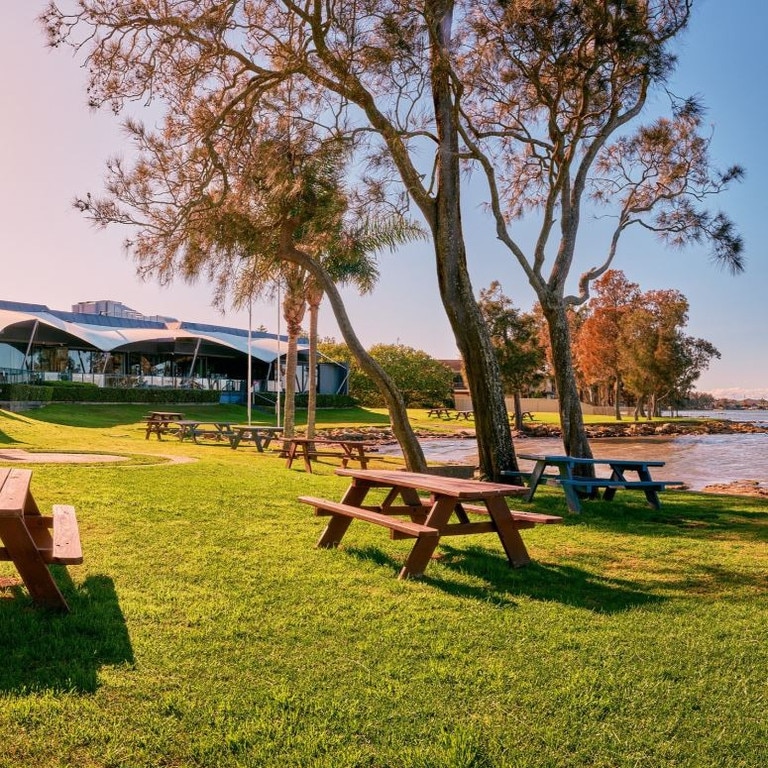
“I don’t see how autism could be offensive,” Julie said.
But the damage had been done. Gary, who had been a loyal club member for 15 years, was left shaken.
“It was very triggering for him,” Julie explained.
“He felt like he was being told he was offensive again – like he was upsetting people just by existing.”
The bigger picture: Society’s double standard
As a mother to four children – all of whom are on the spectrum – and a disability support worker, Julie sees this incident as a reflection of a deeper societal issue.
“There is a lot of discrimination against autistic people, but it’s usually not this blatant,” she said.
“If you can pass as neurotypical, you often don’t experience it until your behaviour gives you away.”
She has also noticed that there’s a distinct contrast in how different autistic individuals are treated.
“My autistic child who is articulate doesn’t usually face discrimination. But my child who is less verbal gets infantilised. People treat them like a baby. Both of them are highly intelligent and don’t have an intellectual disability – yet one is patronised while the other is dismissed.”
Julie believes the club’s reaction exemplifies a wider problem: autistic people are only accepted if they stay quiet and don’t make others uncomfortable.
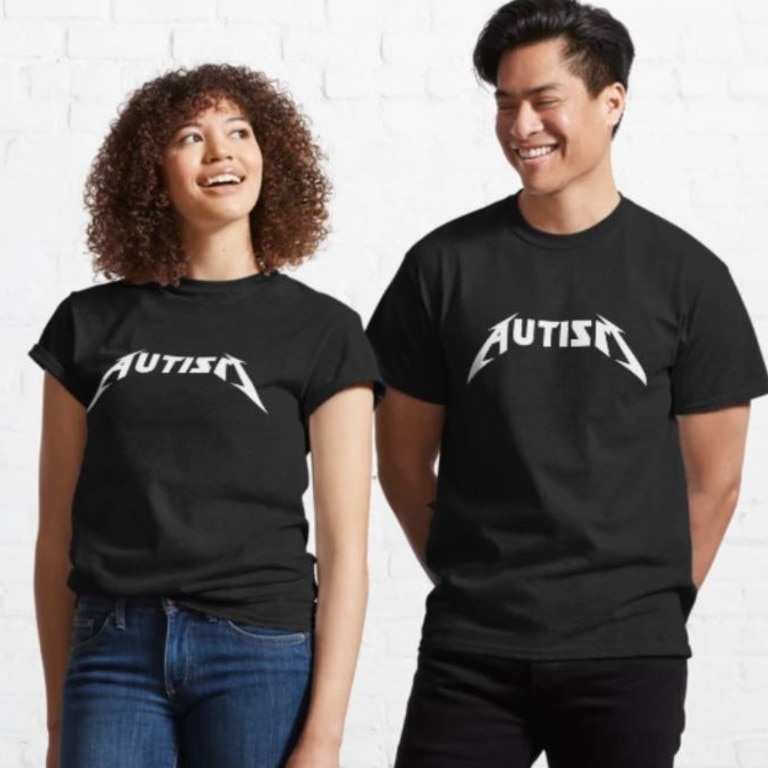
“We love autistic people – just as long as they’re ashamed of themselves and stay small.”
What needs to change?
Julie is now in the process of filing a formal complaint with the Human Rights Commission.
“I would love an apology and for them to train their staff on neurodiversity,” she said.
“If you’re going to have an opinion, at least have the knowledge to back it up.”
Her message to the club is clear: educate yourself. Autism is not a dirty word.
A call for awareness
Gary’s experience at Wallarah Bay Recreation Club is more than just an isolated incident – it’s a reminder of the work still needed to create a truly inclusive society. No one should have to justify their existence, especially not in a place where they have been a valued member for over a decade.
Until businesses, organisations and everyday people stop seeing autism as something to be hidden, we will continue to see moments like this – where a simple word on a T-shirt becomes a symbol of deep-rooted stigma.
And as Julie so aptly puts it, it’s time for that to change.
Rebel Wylie is a freelance writer





